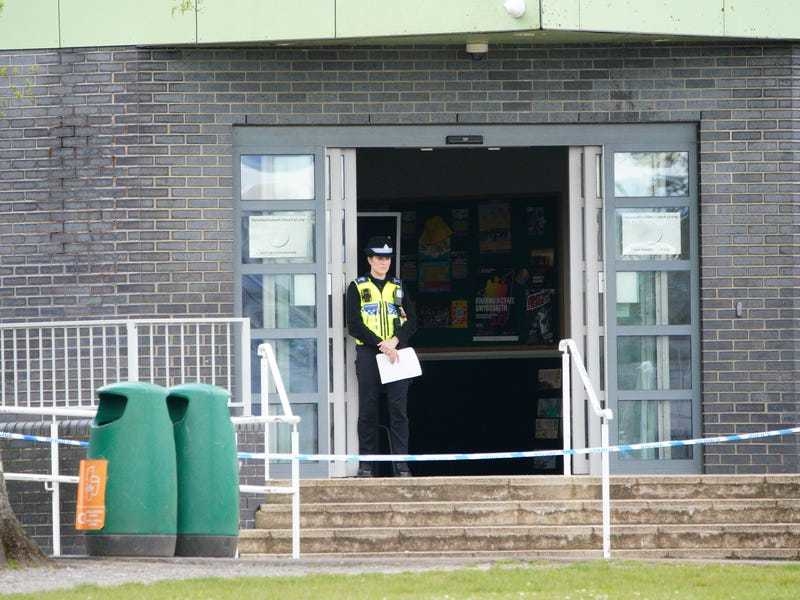The dual role of the Bailiff, who acts as both the Island’s chief judge and President of the States, has been under the spotlight for a number of years, with critics suggesting that the current constitutional arrangement created a serious and unacceptable conflict of interests with the Bailiff sitting in the law-making States and law-interpreting courts.
Members are due to debate a proposition from Deputy Montfort Tadier on Tuesday to replace the Bailiff in the States with an elected speaker.
However, an amendment from External Relations Minister Sir Philip Bailhache – a former Bailiff and brother of incumbent Sir William – is asking for a referendum.
Deputy Tadier, a member of the Reform party, said the amendment could backfire on Senator Bailhache and put him at odds with Chief Minister Ian Gorst, who has previously publicly supported the separation of powers.
Senator Bailhache said: ‘Everybody knows that I once held the office of Bailiff and everybody knows the current Bailiff is my brother. My concern is nothing to do with my brother’s position but everything to do with the best interests of the Island.
‘The important thing is that the Bailiff has been the President of the States for 500 years. If we are to change a constitutional position that has lasted as long as that, we need to be sure that the public are in favour of that change.’
The Senator admitted that the ‘Chief Minister and I disagree on this subject’ and when asked whether that disagreement had led to him either considering his ministerial position or feeling pressure to resign he replied: ‘I don’t want to say anything more on that until the debate’.
In his proposition, Sir Philip said that there were a number of advantages to keeping the Bailiff in the States, including that the Bailiff is ‘independent, particularly of government’, the skills required of a speaker are ‘inherent in a judicial officer’ and an Island tradition would be lost.
The last referendum on States reform had a turnout of 39 per cent.
Both the Clothier Report, spearheaded by UK parliamentary commissioner Sir Cecil Clothier in 2000, and the Carswell Review, led by Lord Carswell in 2010, recommended that the Bailiff be removed from the Chamber.
Among the recommendations contained in the Independent Jersey Care Inquiry report, released in July, was that consideration should be given to implementing the Clothier and Carswell reviews. Senator Bailhache described this suggestion as ‘extraordinary’ as it had fallen outside the inquiry’s terms of reference.
Earlier this year, the Bailiff, Sir William Bailhache, wrote to Senator Gorst outlining his position and asking that the inquiry report not be used to support the separation. In the four-page letter, Sir William suggested a referendum could resolve the argument.
Deputy Tadier said Senator Bailhache’s amendment puts him in direct conflict with the Chief Minister’s policies.
‘What is surprising is that it is very unusual for a senior minister to go against government policy in this way,’ he said. ‘It is an aggressive act of undermining the Chief Minister and brings his position as External Relations Minister into question.
‘He will argue that he is putting it to the public but those who are not politically naive know what this is – it is a wrecking motion.
‘The bottom line is that any parliament should be entirely autonomous. If we have a speaker imposed on us, added on top of the fact that person has another role which conflicts with being speaker, then that is completely unacceptable.’
If approved, the referendum would be held on 16 May next year, the same date as the election.






